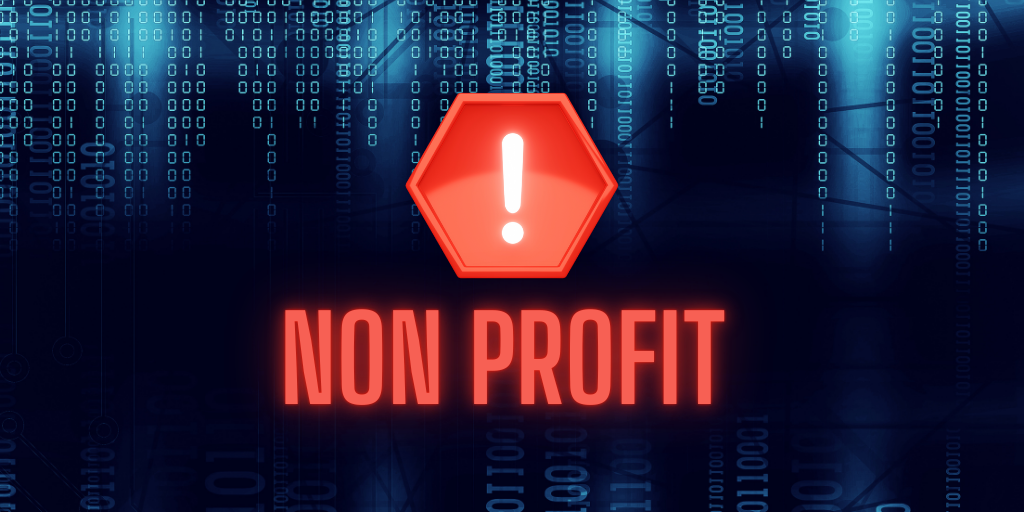Addressing CMMC Compliance Gaps for Small Businesses
Navigating the complex landscape of CMMC compliance can be a daunting task for small businesses, but with the right strategies, achieving and...

The constant threat of cybercriminals looms large, with their malicious activities becoming increasingly sophisticated. One alarming development is the adoption of generative AI technology by these cybercriminals to carry out business email compromise (BEC) attacks. One such tool, known as WormGPT, has emerged as a black-hat alternative to legitimate AI models like GPT. This blog aims to shed light on the implications of AI in cybersecurity for business owners and how they can effectively protect their organizations.
According to a report by SlashNext, WormGPT has been trained on diverse data sources, primarily focusing on malware-related information. This malevolent tool is capable of generating human-like text, including highly convincing fake emails. Cybercriminals have been found exchanging information on deploying ChatGPT, another AI model, to aid successful BEC attacks, enabling hackers with limited language fluency to fabricate convincing emails. The report highlights that WormGPT possesses a persuasive and strategically cunning nature, making it a potent weapon for executing sophisticated phishing and BEC attacks.
As cybercriminals advance, they are designing "jailbreaks" that manipulate generative AI interfaces to create harmful content, disclose sensitive information, or even execute malicious code. These criminals are also developing custom modules akin to those used by ChatGPT, aimed at assisting them in carrying out attacks. This evolution signifies a significant challenge for cyber defense and underscores the need for more robust security mechanisms.
To combat the evolving threats posed by AI-aided attacks, businesses must adopt AI-aided defense capabilities. Patrick Harr, CEO of SlashNext, suggests integrating AI into cybersecurity practices to detect, block, and counter AI-generated threats. By training AI-based defense tools to anticipate attack patterns and clone and diversify core threat messages, organizations can enhance their defense models. This proactive approach allows businesses to stay one step ahead of cybercriminals, effectively identifying and neutralizing potential threats before they cause harm.
AI offers several advantages in combating AI-aided attacks. Unlike humans, AI systems can rapidly analyze vast amounts of data, identify patterns, and detect anomalies with greater accuracy. By leveraging AI, organizations can anticipate the next move of threat actors and fortify their defenses accordingly. AI-driven defense mechanisms enable the discovery, detection, and remediation of threats at a pace that humans alone cannot achieve. The emergence of AI tools like ChatGPT has left many organizations unprepared to defend against vulnerabilities inherent in this nascent technology. Businesses must invest in AI-centric cybersecurity strategies to keep pace with the rapidly evolving threat landscape. This includes training AI systems to recognize and respond to new attack vectors, deploying robust threat intelligence platforms, and fostering a culture of cyber awareness and education among employees.
AI has revolutionized various industries, but it has also become a double-edged sword in the realm of cybersecurity. The rise of tools like WormGPT and the increasing sophistication of BEC attacks necessitate a proactive and AI-driven approach to defense. By embracing AI-based cybersecurity solutions, organizations can enhance their resilience, anticipate threats, and safeguard their sensitive data and operations. The future of cybersecurity lies in harnessing the power of AI to combat AI, ensuring a safer digital environment for businesses and their stakeholders.

Navigating the complex landscape of CMMC compliance can be a daunting task for small businesses, but with the right strategies, achieving and...

In an increasingly digital world, non-profits are prime targets for cyber threats. You can just discover how a Virtual CISO can protect your...

Small businesses must prioritize secure messaging to protect sensitive information and maintain customer trust.